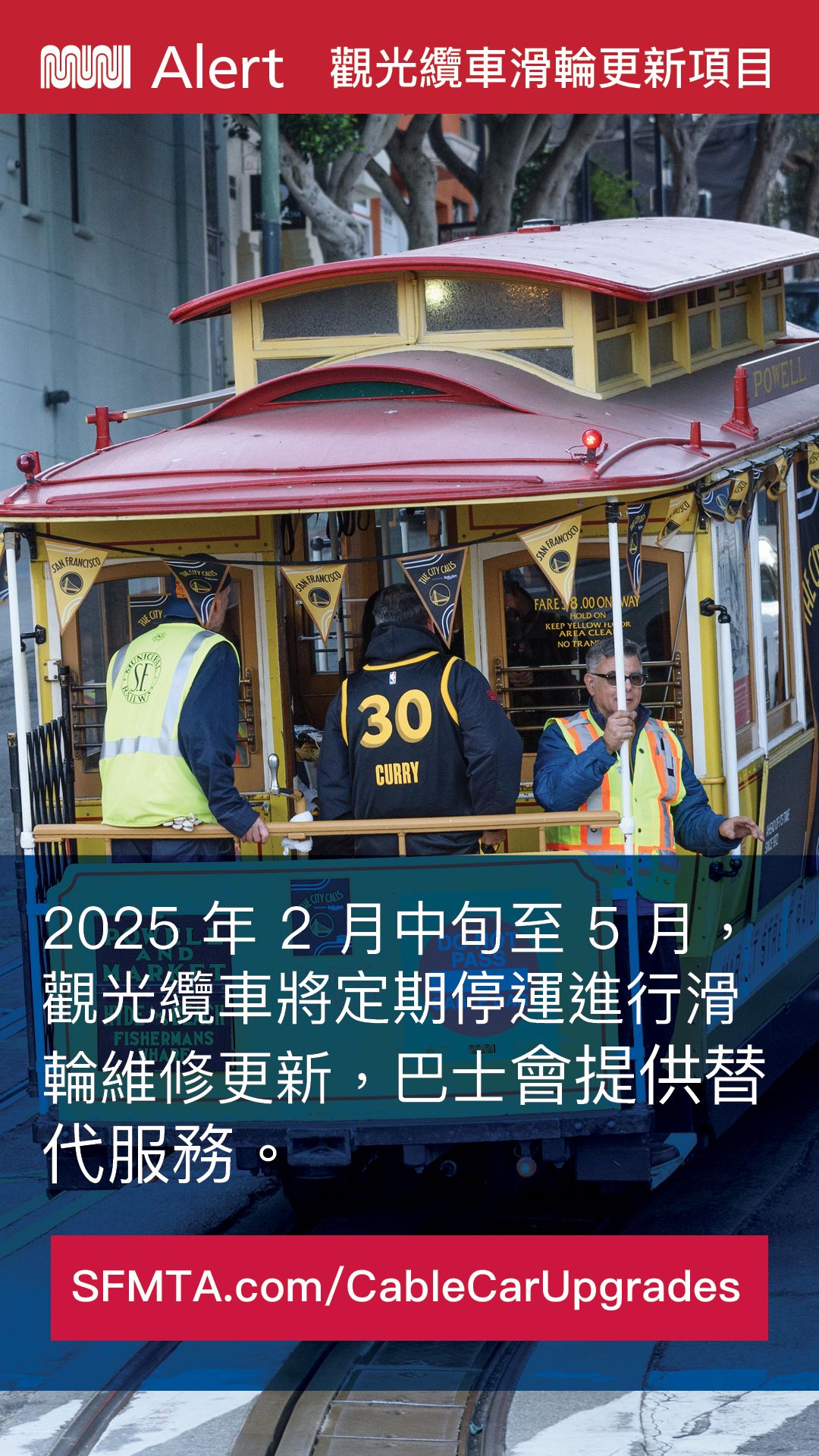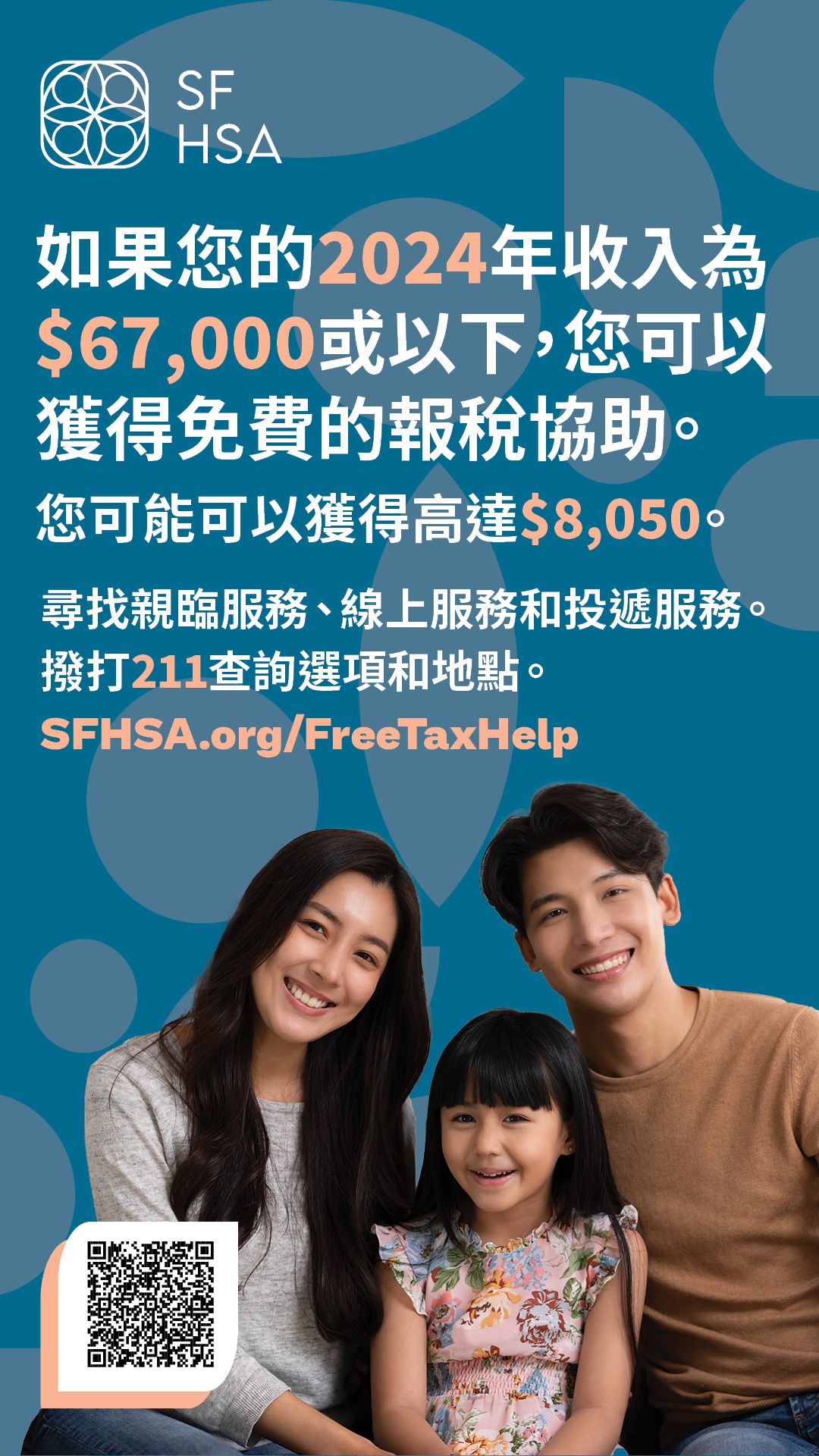Remembering Justice Harry Low : a pioneer jurist, civil rights leader and more

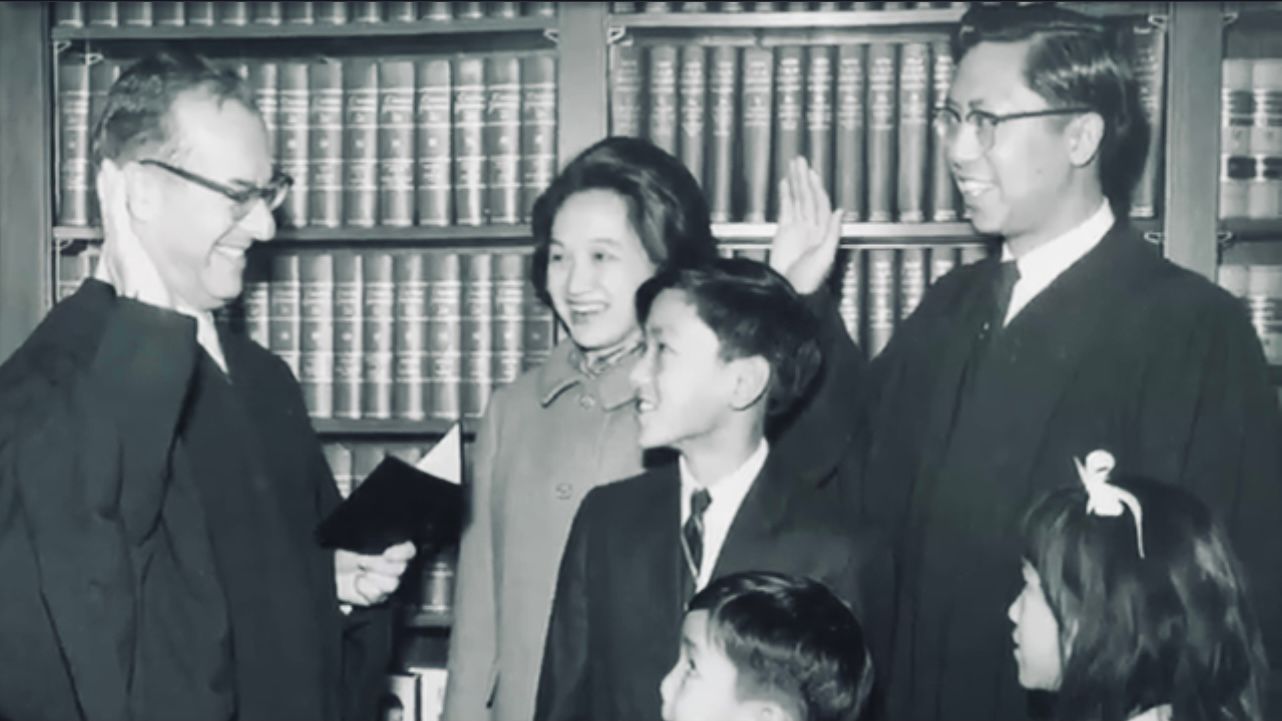
(SAN FRANCISCO) Retired California Appellate Court Presiding Justice Harry Low continuously made history for the Chinese community in his 65-year legal career. He kept working as a private judge at JAMS, a legal mediation and arbitration service provider, until he passed away on December 9 at the age of 90.
The Chinese and legal communities are mourning the loss of Justice Low. He was not only the first Chinese and Asian American judge in San Francisco history to serve on the bench, but also a community leader on civil rights, political engagement, and a volunteer providing legal advice to the community.
Low had made history numerous times during his lifetime in public service. He was appointed by former Governor Pat Brown in 1966 as the first Chinese and Asian judge to San Francisco Municipal Superior Court. Low was also one of the youngest judges in the country at the age of 35.
Eight years later in 1974, Justice Low became the first Asian American judge in San Francisco Superior Court. He was appointed by former Gov. Jerry Brown, son of Gov. Pat Brown, in 1982 to serve on the California Courts of Appeal as the first Chinese American Appellate Court Justice in Northern California. Low retired from the bench in 1992.
Since Low retired from the state Courts of Appeal, he joined JAMS as a private judge to mediate the disputes through private legal proceedings for almost 30 years until he passed away on December 9. In fact, Low had never retired from his profession as a judge.
"Dad never retired from JAMS and was working up until the end," said Allan Low, a partner at Perkins Coie and the youngest son of Justice Low. Allan and his older brother Larry Low followed his father's footsteps to become lawyers. "Dad played a big role in my decision to be a lawyer and continue as a lawyer. Community service does seem to run in our family," said Allan Low.
Allan Low just finished his term serving as the city's Recreation and Park Commissioner. He has spent his own time providing pro bono legal services for the community. Some of the cases that Allan works on as a volunteer including the most recent Americans with Disabilities Act (ADA) lawsuits against the Chinatown merchants.
Allan and his family members are planning a public service for Justice Low in January and working on a fund for law students to remember him.
Beyond his legal profession, Justice Low also made history in playing different roles for the Chinese community. He was appointed by former Mayor Frank Jordan as the President of San Francisco Police Commission, first Chinese American to hold that position, from 1992-1996.
In 2000, Low was appointed by former Gov. Gray Davis as California's 38th Insurance Commissioner to replace Chuck Quackenbush who resigned under political pressure. Low was the first Asian American to hold that position and served for three years from September 2000 to January 2003.
The Chinese Historical Society of America (CHSA) issued a statement in memory of Low and stated, "The passing of Justice Low marks the loss of a great and important community leader who served a vital role not only in the legal field but also in the Chinese American community. His reputation and legacy is one of service to underserved and underrepresented communities, personally influencing many organizations to improve their social services, education, insurance, and immigration reform."
Justice Low always visited family associations in Chinatown
"In his adopted city, San Francisco, Justice Low regularly visited Chinatown benevolent associations and family associations to offer his legal expertise," CHSA continued. One of those associations was the Chinese Consolidated Benevolent Association (CCBA), also known as the Chinese Six Companies.
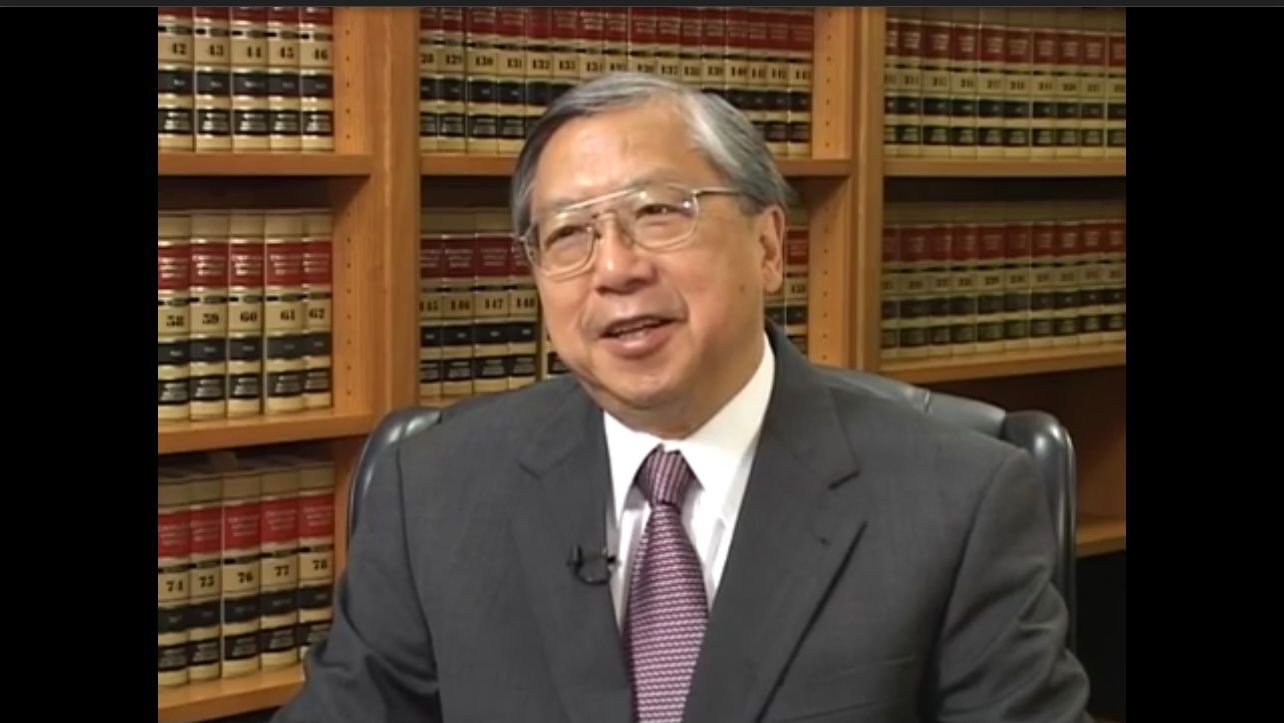
”CCBA is the oldest civil rights organization in the United States and the organization responsible for bringing the case of United States v. Wong Kim Ark, 169 U.S. 649 (1898), to the Supreme Court, the case which established birthright citizenship. Much like his Chinese American ancestors, Justice Low was a maverick, setting the bar for excellence and dedication to his profession," CHSA noted.
Justice Low was born in 1931 in Oakdale, a town which is east of Modesto in Central California. He left Oakdale to go to college at University of California at Berkeley where he finished his bachelor degree and law degree. He resided in San Francisco since then until he passed.
CHSA honored Low in its annual gala in 2013. Low recalled his path to the legal profession and spoke in the video showing at the gala, "When I got out of law school in 1955, there were only 35 Asians throughout the state of California who were lawyers. I did very well in law school, but no private law firms would interview me. I always knew that I needed to work hard, probably harder, put in more hours, do more things, but I enjoyed it. And the discriminatory practices that I ran across were quite much mitigated by the fact that I was doing very well and got the attentions from others, the leaders, the community and those in the government."
Justice Low started as a janitor in a law firm
The connection to the legal profession started when Low was a high school student. Low was hired as a janitor at a small law firm in Oakdale where he was born. "The lawyer that hired me said at the Christmas time, gave me a small bonus and wrote on a card to Harry Low on very fine lines that you cleaned up whatever you remembered you had had," said Low in the video.
That law firm experience at a young age made an impact on Low. He had thought of pursuing law, medicine and engineering for his future career. When Low was admitted to UC Berkeley, he was already determined to go to law school. He went on to attend Boalt Law School in UC Berkeley and graduated in 1955.
Low could not find a job in private law firms after graduation. A professor at Boalt Law School suggested Low to work at the State Attorney General Office. Low was appointed by Gov. Pat Brown and served as the first Asian American Deputy Attorney General in the San Francisco regional office in 1956.
Delbert Wong, the first Asian Deputy Attorney General in California, was also appointed by Gov. Pat Brown to serve in the Los Angeles regional office in 1952. Wong was later appointed by Gov. Pat Brown in 1959 to the Los Angeles Municipal Court as the first Chinese American judge in the country. Wong was a graduate of UC Berkeley and the first Chinese American student graduated from Stanford Law School in 1948.
Gov. Pat Brown, a native of San Francisco, was very close to the Chinese community in San Francisco. After serving 10 years as a state prosecutor, Low was appointed by Brown in December 1966 to San Francisco Municipal Court after Brown was unsuccessfully running for his third term as governor in November.
Outside the courthouse, Low was very active in the Democratic Party. He filed papers to run for a San Francisco Superior Court judge seat in 1973 and won. In the meantime, Gov. Donald Reagan also appointed Low to a vacant seat to make Low to be the first Chinese and Asian American judge in San Francisco Superior Court.
Gov. Jerry Brown, son of Gov. Pat Brown, appointed Low to the California Courts of Appeal. Low became the first Chinese American Appellate Court Justice in the state. Low was the Presiding Justice in his appellate court until he retired in 1992.
Justice Low helped founding the Chinese American Democratic Club (CADA) in 1958
Low joined JAMS to be a private judge to mediate disputes from 1992 until he passed. He served the community in many ways before and after retiring from the state juridical system. He helped to found the Chinese American Democratic Club (CADC) in San Francisco in 1958. He served as its president in 1963.
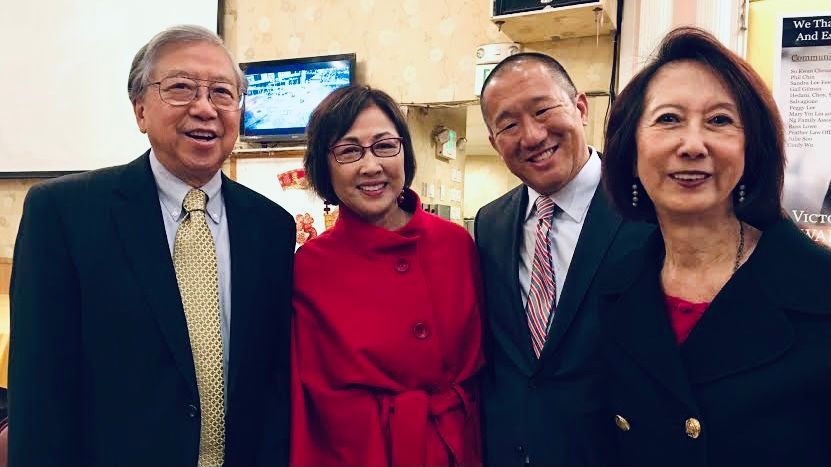
Low was the national president of the Chinese American Citizens Alliance (CACA), the oldest Chinese American civil rights organization in the nation, from 1981 to 1991. Yvonne Lee, former U.S. Commissioner on Civil Rights and current acting president of the city's Ethics Commission, was the executive director of CACA working with Low.
"Harry was a trailblazer who gave generously to his community and nurtured aspiring lawyers, judges, and community activists. He helped found the San Francisco Chinese Democratic Club to raise the community’s political influence. He agreed to be CACA's national president at the time when the membership organization wanted to re-establish its long history of national civil rights activism from 1895 but had slowed since the 1970s," said Lee.
"His standing as California’s highest ranking Asian American jurist and reputation as a fair and inclusive community leader were instrumental in CACA’s leadership in fighting for equality and justice for Chinese and Asian Americans. Under his presidency, CACA fought for federal data collection on anti-Asian violence, successfully lobbied for the Immigration Act which preserved the siblings and parents visa preference programs as well as increasing visas for Hong Kongers; the successful passages of the Civil Rights Act of 1991 and Americans with Disabilities Act," Lee remembered.
In commemoration of the 50th anniversary of the Chinese Exclusion Act repeal, under the leadership of Low, CACA produced "Separate Lives, Broken Dreams" which won a California Emmy for best documentary.
Justice Low belonged to Fa Yuan Benevolent Association
Low and Lee had their ancestors from Fa Yuan Village in Guangdong Province. "Harry and I were also members of the Fa Yuan Benevolent Association. And he would regularly engage in our family association activities until the pandemic. He often joked that he and fellow Fa Yuen member and former California Secretary of State March Fong Yu grew up in the same laundry store in central California," said Lee.
"Harry was the model leader who inspired with the highest integrity, compassion, and inclusion. He leaves a rich legacy future generations of Asian Americans will continue to benefit from," Lee added.
During 1992-1996 as the president of the Police Commission, Low led the department to reform and hire more bilingual and minority police officers. Doug Chan, current Board President of the Chinese Historical Society of America (CHSA) and former Police Commissioner, remembered Low as a distinguished leader for the community.
"If Justice Harry Low, the grandson of a Chinese pioneer family from Oakdale, California, had done nothing else after his appointment to serve as a judge of San Francisco’s Municipal Court in 1966, his place in Chinese American history would have been assured. He was a distinguished jurist on whom both Democratic and Republican governors and mayors would repeatedly call to public service over a 65-year career. After his elevation to the Superior Court by Ronald Reagan in 1974, Harry became a force for the integration of Asians and other minorities into the bench and the bar," said Chan.
Justice Low called for hiring more bilingual officers after the Golden Dragon Massacre in 1970s
"He called for the hiring of more bilingual Chinese police officers in the wake of the Golden Dragon shootings in 1977. After his retirement from the First District Courts of Appeal in 1992, Harry gave generously of his time to San Francisco’s Human Rights Commission and particularly as president of the Police Commission during a turbulent time for the department." Chan said, "He was a friend and mentor of many young Asian American lawyers, including myself, and he is dearly missed."
In the CHSA video, Low encouraged everyone to serve, "It is not just your individual success, but how you contribute back to the community. You need to give a little bit of your time, a little bit of your energy, whatever talent you have back to the community."
Low said in 2013, "When people think of me, I like to think that I am a successful judge, and a person who also devotes a certain amount of time and energy to the community. Hopefully it leads to a legacy for contribution to the community, the judiciary and the whole legal system."
- Do empty yellow loading zones best serve the San Francisco Chinatown community?
- T&T Supermarket, largest Asian grocery chain in Canada, announces to open at San Francisco City Center on Geary Blvd. in winter 2026
- (Breaking news: Charlene Wang wins in the Oakland's special election) Charlene Wang runs for Oakland District 2 Councilmember on April 15, 2025 to represent Oakland Chinatown
- Mayor Lurie announces plans to support small businesses including First Year Free program waiving fees for new businesses
- 12 speed safety camera systems out of 33 begin to operate in San Francisco by first issuing warnings instead of citations for 60 days
- Taipei Economic and Cultural Office extends services with opening of its permanent home in San Francisco
- Zu Shun Lei, 90, publishes his comic books to bring joy and laughter into the community
- Prop K opponents sue to stop permanently closing Upper Great Highway for an oceanfront park



